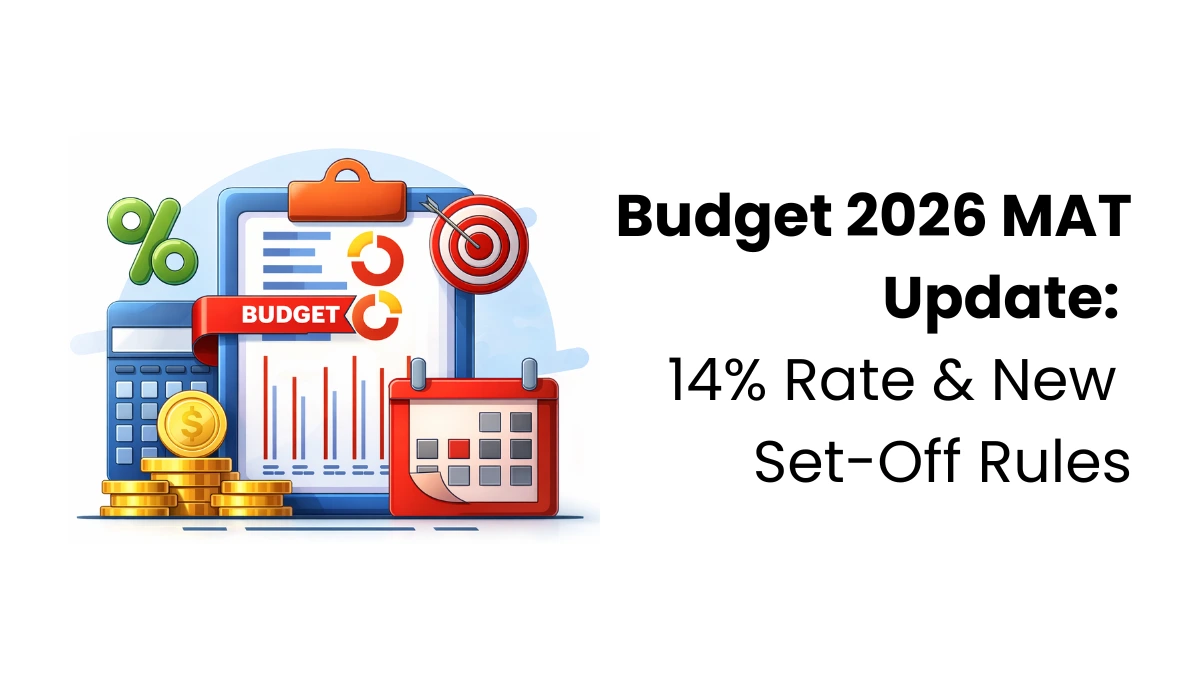The term accounting is very common and widely used in the business world. But before we look into the role of accounting in business, let’s understand the basics: what is accounting? Accounting refers to the organised and detailed recording of financial transactions of a business. There are many types of accounting namely accounting for small businesses, government accounting, forensic accounting, and management accounting and accounting for corporations.
Role of accounting in Business
Accounting plays an important role in running a business because it helps you keep a track of income and expenditures, ensure timely statutory compliance, and provide valuable information to investors, management, and government which they use in making business decisions.
There are three crucial financial statements generated by a business accountant:
1. Income statement provides you with information about the profit earned and loss incurred by the company
2. Balance sheet gives you a strong picture on the financial position of your business on a particular date and;
3. Cash flow statement is a connection between the income statement and balance sheet that reports the cash generated and spent during a specific period of time.
It is imperative to keep your financial records complete and up to date if you want to keep your business up to the mark. Here are a few of the explanations why accounting is important for your business.
1. Helps in Evaluating the Performance of Business
Financial records and statements depict the results of operations as well as the financial position of the business. In other words, they aid to recognise what’s going on with your business financially and internally. In addition to maintaining a complete and up to date records, it also help you keep track of expenses, gross margin, and possible debt, but it will help you compare your current data with the previous accounting records and allocate your budget accordingly.
2. It Ensures Timely Statutory Compliance
Every country has its own laws and regulations and these laws & regulations vary from state to state, and proper accounting systems and processes will help you ensure timely statutory compliance when it comes to your business. The efficient and effective accounting function will ensure the liabilities such as sales tax, VAT, income tax, ESI and pension funds etc. are appropriately addressed.
3. It Helps to Create Budget and Future Projections
Every business organisation must have proper budget for smooth functioning of the organisation. Business trends, budgets and projections are based on historical financial data. Any financial data is reliable and most appropriate when provided by well-structured accounting processes. When the accounting procedure is well in place, it becomes simpler to draw a budget and future projections.
4. It Helps in Filing Financial Statements
Businesses are required to file their financial statements with the Registrar of Companies. Listed entities are required to file them with stock exchanges, as well as for direct and indirect tax filing purposes. Needless to say, accounting plays a critical role in all these scenarios.
5. It Helps in availing Loans & Investments
Any business organisation applying for the loans from financial institution will be required to submit past financial statements for a period of 3 years and future projections for a period of 5 years. This is possible only if the company is having a systematic accounting system in place. Likewise, while investing in to the business investors shall look into the financials and critical ratios which will be the base of investment.
Considering all these aspects accounting is inevitable function in any business organisation.










